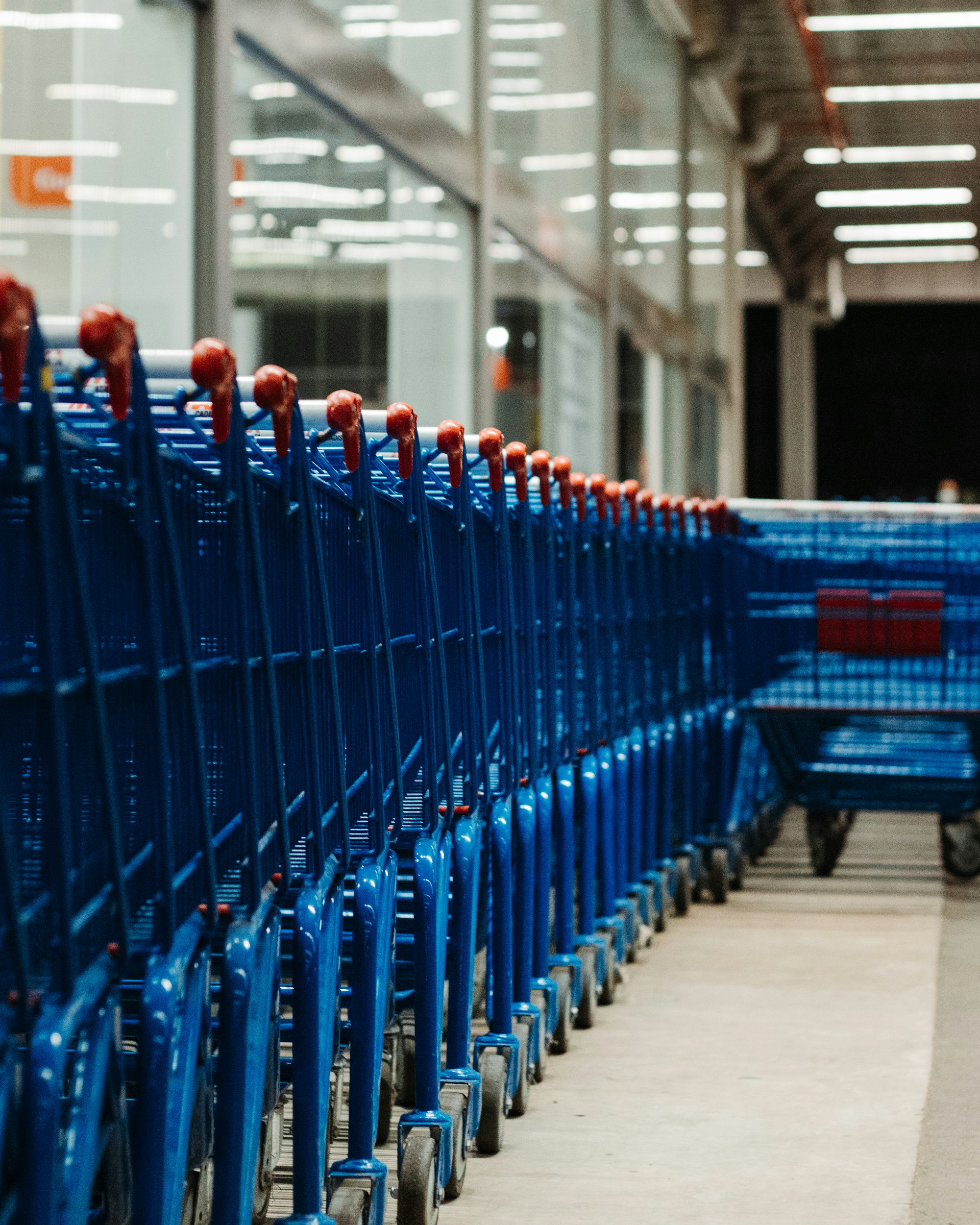Protecting Standards Of Living
Despite the economic uncertainty, Americans are continuing to spend, challenging the expectations of many business leaders about consumer behavior in slower economic times. This has led to a situation where companies across various industries, from travel to retail and dining, are reassessing how these spending habits might affect their future plans.
- Even as personal budgets feel the squeeze, the anticipated decline in discretionary spending hasn't materialized as expected.
- This trend, which has been labeled by some as "revenge" and "doom" spending, shows consumers are still willing to shell out for both small treats and big-ticket items, despite the pressures of rising food prices, dwindling pandemic-era savings, and more expensive credit options.
James Knightley, an economist at ING, noted that the slowdown many were bracing for hasn't happened. It seems consumers are determined to maintain their lifestyles for as long as possible. This determination is leading to unexpected resilience in certain sectors, with people still indulging in experiences and luxuries they've become accustomed to.
Slight Post-Pandemic Normalization
The pandemic itself changed a lot about how people choose to spend their money. After being cooped up and saving more than usual, many were eager to go out and enjoy themselves, leading to a boom in spending on things like concerts, travel, and luxury goods. This "revenge spending" has given a significant boost to some businesses, as the desire to live in the moment has temporarily eclipsed traditional saving habits.
- However, there are signs this might be starting to change, with recent data showing a slight increase in retail sales but not to the levels some had hoped for.
- People are beginning to be more selective about where they spend their money, finding ways to balance the cost of experiences with their everyday expenses.
Selective Splurging
David Marberger, CFO of Conagra Brands, talks about "selective splurging," where consumers are still treating themselves but are also looking for ways to offset these costs by saving in other areas. This shift in behavior is something businesses are keeping a close eye on, trying to understand how it might affect spending patterns long term.
- Businesses are responding in various ways. For example, Conagra is increasing its advertising spend to try and attract more customers, betting that people will continue to prioritize certain types of spending.
- Meanwhile, companies like Wyndham Hotels & Resorts are seeing continued interest in travel, suggesting that, for many, experiences remain a priority.
Yet, there's an acknowledgment across the board that this situation is fluid. Consumer behavior could shift, particularly if economic conditions worsen. The challenge for businesses is to stay adaptable, understanding that what drives spending today might not hold tomorrow.
Disclaimer
Please note that Benchmark does not produce investment advice in any form. Our articles are not research reports and are not intended to serve as the basis for any investment decision. All investments involve risk and the past performance of a security or financial product does not guarantee future returns. Investors have to conduct their own research before conducting any transaction. There is always the risk of losing parts or all of your money when you invest in securities or other financial products.
Credits
Photo by Eduardo Soares / Unsplash.






